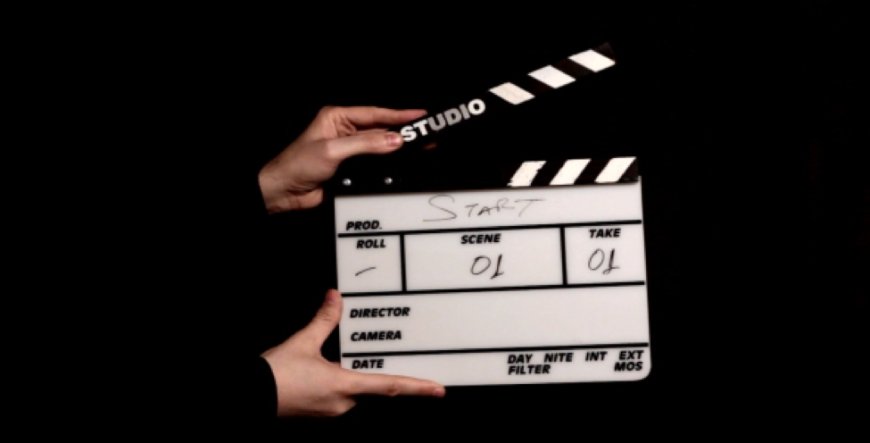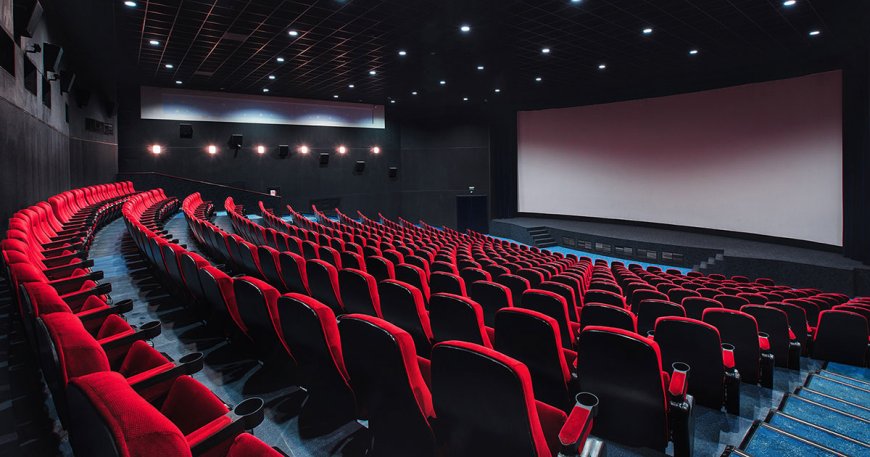Racial Stereotypes and Their Impact on Audience Perception
This article will delve into how racial stereotypes are perpetuated in films and the effect they have on audience perceptions of different ethnic groups. It will analyze iconic movies that have reinforced negative stereotypes and those that have challenged them. The piece will also discuss the responsibility of filmmakers in shaping cultural narratives and the potential for cinema to be a catalyst for social change by offering more nuanced portrayals of diverse characters.

Imagine sitting in a crowded movie theater, popcorn in hand, eager to escape into a world crafted by dreams, creativity, and storytelling. The lights dim, and the screen flickers to life. But as the characters unfold, you find yourself grappling with a troubling sense of familiarity—one that echoes not the richness of diverse human experiences, but rather the painful clichés of racial stereotypes. This dissonance is not just a plot device; it’s a profound reality that shapes how we perceive ourselves and others.
Racial stereotypes have long been embedded in the fabric of cinema, often relegating individuals of color to caricatures that reinforce harmful narratives. These portrayals can range from the hypersexualization of Black women to the portrayal of Asian men as asexual and socially inept. When audiences repeatedly encounter these narrow representations, they internalize a skewed view of reality—one where people of color are often seen through a lens of prejudice and misunderstanding.
For someone who identifies as part of a minority group, watching a film filled with stereotypes can feel like a punch to the gut. It evokes a mixture of emotions: anger, sadness, and a sense of isolation. These individuals see their existence distilled into simplistic and often derogatory tropes that fail to capture the complexity of their identities. They ask themselves, “Is this what the world thinks of me?” This question lingers long after the credits roll, influencing not only their self-perception but also their interactions with the wider world.

Take, for instance, the stereotype of the “angry Black woman.” This trope is a recurring character in many films, typically depicted as loud, aggressive, and unreasonable. The impact of such portrayals extends beyond entertainment, seeping into societal attitudes and expectations. When audiences perpetuate these images, they risk viewing real-life Black women through a flawed lens, dismissing their genuine feelings and temperaments as simply “angry” or “emotional.” This not only affects how they are treated in day-to-day situations but also contributes to a culture of minimization that stifles their voices.
Moreover, racial stereotypes are not just detrimental to those they target; they are harmful to society at large. When films present a narrow view of humanity, they encourage audiences to adopt rigid narratives about race. Studies have shown that repeated exposure to racial stereotypes in media can reinforce discriminatory beliefs and behaviors. Consequently, the impact of these representations reaches far beyond the silver screen, shaping public perceptions, policy discussions, and everyday interactions.
Yet there is hope. As more diverse voices enter the film industry, the landscape is beginning to shift. Filmmakers like Jordan Peele and Lulu Wang are challenging conventional narratives, offering stories that reflect the true complexities of their cultures. Peele’s “Get Out” offers a profound critique of racism in America, merging horror with an unflinching look at societal dynamics. Wang’s “The Farewell” captures the immigrant experience through a lens that is authentic, emotional, and undeniably relatable. These films resonate deeply because they reject stereotypes and instead invite audiences into the nuanced realities of their characters’ lives.
When audiences are exposed to authentic storytelling, they begin to empathize with the characters beyond their race. They see people as multidimensional beings, filled with hopes, dreams, and the intricacies that make life beautiful. This recognition fosters understanding and dismantles the walls built by prejudice. Stories have the power to connect—through laughter, tears, and shared experiences. Only then can we begin to shift the narrative from stereotypes to authentic representation.
Hollywood has the potential to be a powerful force for change, but the onus is on all of us—filmmakers, audiences, and industry leaders alike—to demand better. We can choose to support narratives that uplift diverse voices and challenge stereotypes. When we actively seek out films that tell authentic stories, we not only expand our understanding but pave the way for a future where every individual feels seen and heard.
Sitting in the theater should be an exhilarating experience, where we not only enjoy the artistry on screen but also feel a sense of belonging, a sense of shared humanity. By recognizing the impact of racial stereotypes and advocating for deeper, more meaningful representation in film, we can transform that cinematic space into one that celebrates our differences and unites us all. After all, it is through the heart of storytelling that we can find connection in our shared human experience.
What's Your Reaction?














































































































